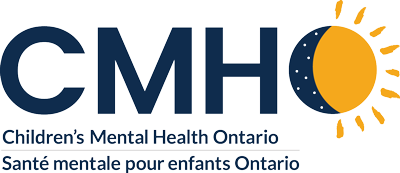In collaboration, Garden River Wellness Centre (GRWC) and Algoma Family Services (AFS) identified a need to co-create an approach to Autism Spectrum Disorder (ASD) assessment respecting “two-eyed seeing” by blending Indigenous and Western worldviews. Through an OAP Innovation Grant, a working group (Maamwimadibiwag) was formed. The working group included Indigenous families with lived experience, Knowledge Keepers, GRWC staff (e.g., service providers, family support worker), and AFS staff (e.g., psychologist, counsellors) and guided project activities to ensure meaning for First Nations families. This workshop will include members of the working group, as we share our experience and recommendations for building collaborative partnerships to advance the blending of Indigenous and Western approaches to mental health. A Knowledge Keeper will share an Indigenous teaching and guide a culturally relevant art-based activity. Our goal is to highlight an approach to collaboration that values Indigeneity as a source of health, wellbeing, and healing.
Learning Objectives
- Introduction to the foundations of two-eyed seeing and building cultural safety.
- An overview of the Maamwimadibiwage pilot project, an innovative approach to blending Indigenous and Western approaches to the assessment and diagnosis of ASD.
- Provision of recommendations for engaging in collaborations to enhance and blend Indigenous and Western approaches to children’s mental health.
Presenters:
Barbara Day
Stephanie Hayes (Algoma Family Services)
Dr. Hayes is a School and Clinical Psychologist at Algoma Family Services in Sault Ste. Marie. She works to support the resilience of children, youth with a wide range of mental health, behavioural, social-emotional, and/or neuro-developmental needs. She provides individual psychotherapy, group interventions, consultation, and comprehensive psychological assessments. She also engages in activities related to teaching, research, and program development and evaluation. She has received many distinctions, including the Governor General’s Gold Medal for her academic work. Dr. Hayes loves the outdoors, traveling, and spending time with her family.
Lisa Millroy (Garden River Wellness Centre)
Stevie Nolan (Algoma Family Services)

